Posted on 12/30/2022
.jpeg)
Servicing your brake system and making sure they are in good working condition will save you money, your vehicle, and (in some cases) your life. Brake pads, brake caliper, and rotor are the main components of your car's braking system that need regular maintenance. Brake pads are one of the brake components that will wear out first. How often they require replacing depends on factors like driving habits, traffic conditions you operate in, and the materials that make up the brake pad. But how do you tell if it's time to replace your brake pads? Here are warning signs that indicate you need new brake pads. Screeching or Squealing Noises When you notice a squealing or screeching noise every time you hit the brakes, it is a sign your brake pads need replacement. If you don't replace them early enough, you will experience a grinding or screeching noise. Some brake pads have metal wear indicators that make loud noises to remind you to replace the pads. Please don't rely o ... read more
Posted on 11/23/2022

With the holidays finally, here, millions of Americans are planning to hit the roads with the intention to visit friends and family far and wide. There are potential hazards that you might run into such as inclement weather, traffic congestion, and more. We thought it would be helpful to share several safety tips to take with you on the road: Plan Your Route - Before your departure, it is best to check the traffic conditions. Are there jams? What about accidents or construction projects? Such conditions may impact your ETA and slow down your travels. Furthermore, you should check the weather reports. Prep for Winter Driving - Speaking of weather, are you expecting snow or sleet? If so, you should expect low visibility and slippery roads. This is where your windshield wipers, tires, and brakes become more important than ever. We recommend checking these critical components before heading out of town for the holidays. Always Buckle Up - Wearing your seatbelt is the simplest and impac ... read more
Posted on 10/28/2022
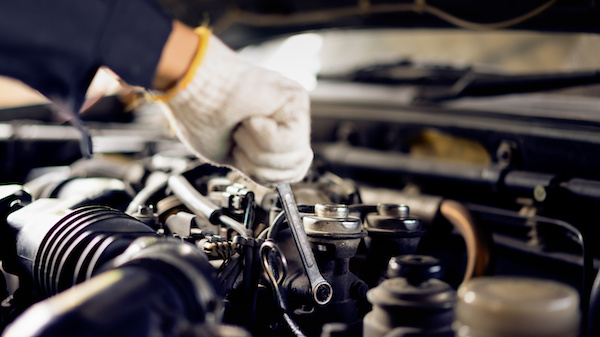
A tune-up for your car can mean many things for different people. But eventually, you will need to get one for your car. What are the signs? What are the symptoms? Here's what they are below. Signs that you need a tune-up soon for your vehicle Vibrating more than usual You notice your car is vibrating more than usual. This could be a sign that the engine bearings are wearing down, which is a serious problem that will only get worse without proper maintenance. Check engine light comes on The check engine light comes on, or you notice an unusual smell coming from your exhaust pipe, such as burning oil or gas. These are both signs that something is wrong with your engine and needs immediate attention. Car has a hard time accelerating Your car starts hesitating while accelerating, or you hear a loud knocking noise when the engine is running on cold days. These problems could be caused by worn-out spark plugs and other internal parts of the engine which need rep ... read more
Posted on 9/30/2022
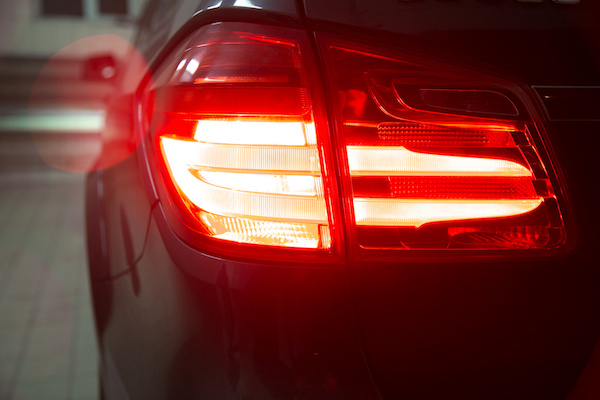
Driving with dim, blinking, or blurry lights can put yourself and others at risk of an accident. Not only do bad headlights reduce your ability to see clearly at night or in foggy or rainy conditions, but it makes it harder for other drivers to detect you as well. As a friendly reminder from your favorite neighborhood shop, South Denver Automotive, we’d like you to check that ALL your car lights are working properly to ensure safe driving this fall! Checking your lights can take a matter of minutes, and all it requires is a quick walkaround. If you want to check all your lights, it may be helpful to grab a friend to make the job easier. Here are the following lights that you should check: Headlights - These should have adequate brightness and aim at the right angle. Fog lights – These lights are great for driving in foggy conditions. Though they aren’t used as often as headlights, they will come in handy. Daytime Lights – These a ... read more
Posted on 8/30/2022
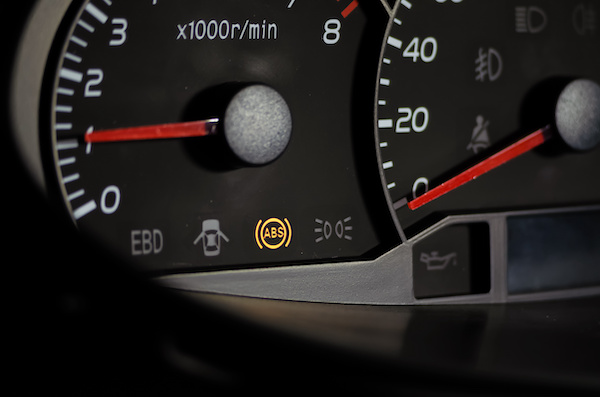
So you get into your car and see the bright letters, “A-B-S” on your dashboard. Those letters stay on there as you keep driving. What should you do next? And what does it all mean? Read on to learn more. The ABS, or anti-lock braking system, is responsible for preventing your vehicle’s wheels from locking up. Therefore, it allows you to have more control of your vehicle and minimizes your chances of skidding across wet conditions. When you press really hard on your brakes, the sensors on your vehicle’s wheels lets the ECU know that you might skid. What Causes the ABS Light To Come On? There are many potential reasons why your ABS light is on. Here are some instances below: Low brake fluid – The first thing you should check after you catch the ABS light is your brake fluid reservoir. When levels of DOT fluid have dropped significantly, the light will come on. You should top off your fluid and bring your car to an expert to check for leak ... read more
Posted on 7/28/2022
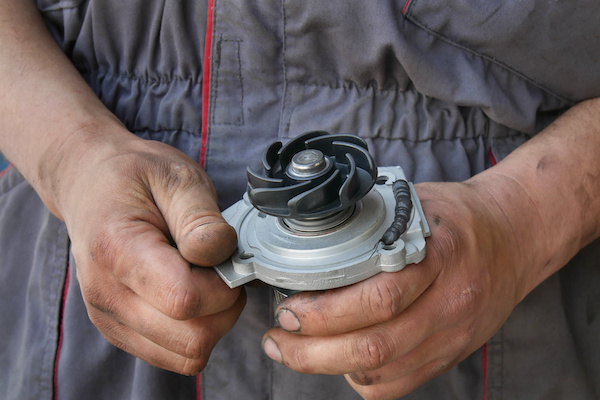
A water pump is responsible for moving coolant throughout your vehicle's cooling system. The coolant circulates through the engine to keep it at a consistent temperature and then travels to the radiator, where it is cooled down before being circulated back through the engine again. If the water pump fails, it can cause a number of problems with your vehicle. Here are some common symptoms that may indicate you have a failing water pump. 1. Leaking coolant One of the most common signs that your water pump is starting to fail is leaking coolant. Coolant leaks can occur for a number of reasons, but one of the most common is a bad water pump. If you notice coolant leaking from your vehicle, especially if it is coming from the front or back of the engine, it's a good idea to have your water pump checked out by a mechanic. 2. Overheating engine Another common symptom of a failing water pump is an overheating engine. If the water pump is not circul ... read more
Posted on 6/30/2022
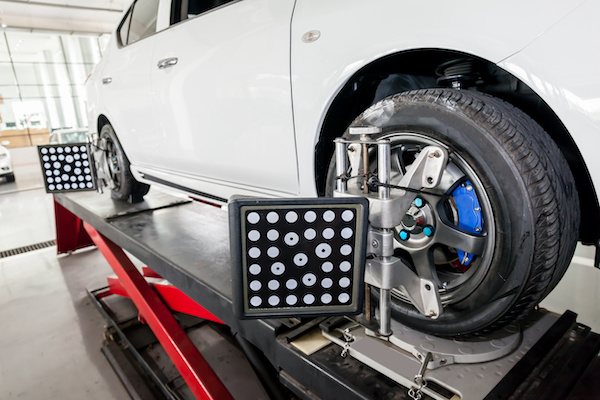
If you’re wondering whether wheel alignments are a necessity, the answer is yes. Wheel alignments help straighten out your tires' angles to have them pointed the right way. When they are misaligned, it can be very dangerous for your safety. A wheel alignment, also sometimes referred to as tire alignment is more involved than adjusting the wheels themselves. They include your tires, wheels, steering, and suspension. All these processes will make your tires make proper contact with the road while improving handling and safety. Are Wheel Alignments Necessary? Wheel alignment is key to enhancing your overall driving experience. Over time, your car's wheels change angles and positioning from normal wear and tear. In order for your vehicle to travel the way they're intended to, the wheel's angles must meet manufacturer specifications. Misaligned wheels can lead to negative consequences, including: Uneven tire wear Shorter tire lifespan Poor v ... read more
Posted on 5/23/2022
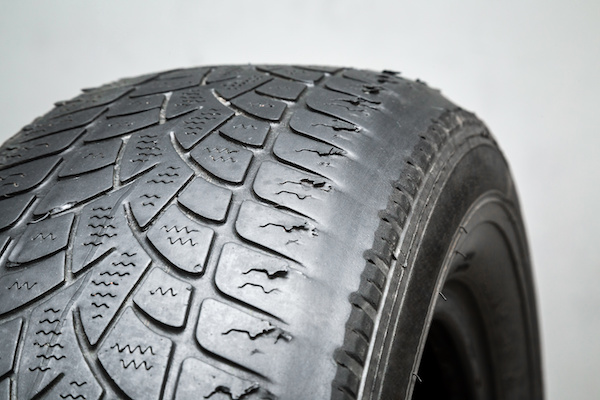
Tires are the number one car part that you should never ignore. The safety of your vehicle depends on your four wheels. Knowing when to get tire maintenance and replacement is crucial if you want to make sure your commutes are safe. When you get behind the wheel, especially for road trips, you should quickly assess your tires. We've compiled this checklist of all the things concerning your tires that you should check. Tread Depth First and foremost, your tires need to have sufficient tread depth. Without its grooves, it won't be able to grip the road properly. Tread depth is vital when accelerating or braking, particularly in slippery or wet conditions. Your tires should have at least 2/32 of an inch on their tread. Air Pressure All your tires should be at the manufacturer's recommended psi. Under- or over-inflated tires can cause irregular driving and affect the handling and control of your automobile. Proper air pressure in your tires promotes smooth rides ... read more
Posted on 4/25/2022

With the widespread use of cell phones and other onboard electronics in cars, distracted driving is becoming an increasingly serious problem. According to the National Highway Traffic Safety Administration (NHTSA), distracted driving is a key factor in fatal automobile incidents, accounting for up to one in every ten fatalities on the road. Below are some of the most common distractions while driving: Use of Cell Phone Since the introduction of mobile phones, distracted driving has risen in popularity across the United States. Cell phone usage is particularly harmful when it comes to prospective diversions. It accounts for around 12% of all distracted driving accidents. Events Outside the Vehicle Turning your head to gaze at an accident or other roadside incident while driving is extremely risky. This is especially true when numerous cars in close proximity slow down to watch the same thing. If you turn your head, the vehicle in front of you may slow down or come to a complete stop ... read more
Posted on 3/21/2022
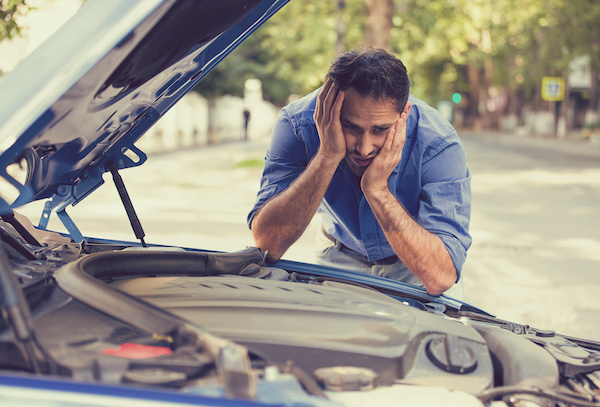
Every day, millions of people rely on our vehicles to get them where they need to go, whether it be for work, school, errands, etc. After some time, you can understand how it handles and the typical noises it makes. When your vehicle stops accelerating the way it used to, it will be apparent to spot. A sluggish vehicle often suggests that there is an underlying issue with your car. Below are some problems that can cause your vehicle to lose its acceleration power: Clogged Air Filter A dirty air filter can stop the right amount of air from getting into the engine, which can cause issues with its general performance. Fuel System Problem A problem with your vehicle's fuel system, such as a faulty fuel pump or dirty fuel injectors, can prevent the appropriate amount of fuel from getting to the engine, thus causing it to operate laggy. Failing Catalytic Converter A broken catalytic converter, or a similar problem concerning the exhaust system, such as a damaged pipe or faul ... read more